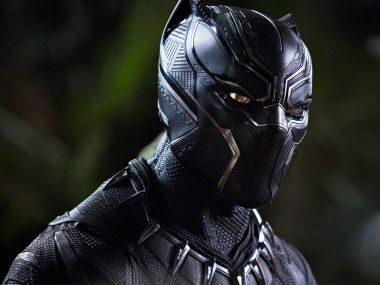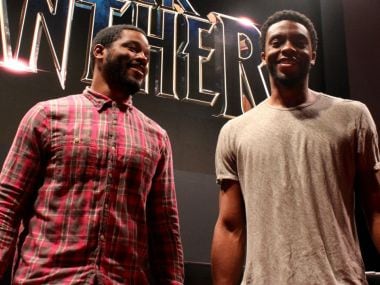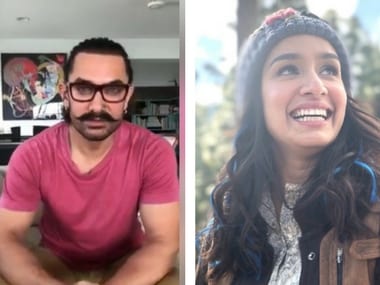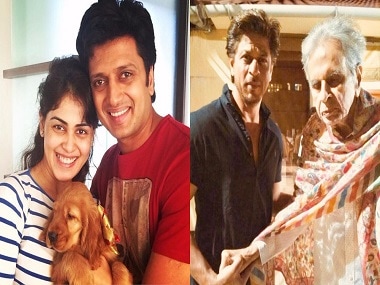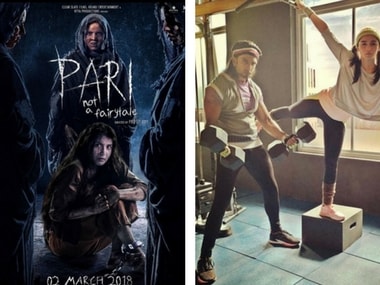Black Panther: Marvel has finally given the world what it always needed and deserved — a black superhero
There have been far too many occasions when the release of a prestigious film has been seen as a great step for a genre, an actor, a filmmaker or cinema itself. The upcoming Marvel superhero film Black Panther is the first standalone movie of one of the most prominent superheroes in the nearly 80-year-old comics giant’s pantheon and one that has previously been seen in many films of the Marvel cinematic universe including Iron Man, Thor, and Spider-Man.
The manner in which a major chunk of the audiences, especially African-Americans, are treating the film as a happening that transcends the usual definition of a cinematic event or the anticipation of a blockbuster is huge but there is a belief that the film is truly a milestone bound to impact both Hollywood as well as the popular depiction of African-American culture.
Ethnic representation has been a sticky wicket for mainstream Hollywood. In this, the African-American representation both in front as well as behind the camera has been the oldest lament. In that aspect, Black Panther is nothing less than revolutionary in more than ways than one would imagine. The reason why many commentators, social observers and film critics already feel the importance of Black Panther could have to do with the genesis of the character and the journey it has witnessed in the lead-up to a solo film.
The era that Black Panther was created by two white men, Stan Lee and Jack Kirby, was one where an expression of Afrofuturism was taking center-stage. An ethos where African mythologies, technology and literature served to rebut a conventional depiction of a future without black people, Afrofuturism was the backbone of Black Panther much like, say, the iconic Lieutenant Uhura from Star Trek.
One would have imagined that the Civil Rights movement of the 1960s and the arrival of the new kind of black leading man and woman following the Blaxploitation hits such as Shaft (1971), Superfly(1972) and Foxy Brown (1974) would see Black Panther being adapted for the big screen. But the manner in which Blaxploitation films pushed the black stereotype – one that made even men and women within the community cringe – ensured that the depiction of the Civil Rights movement, too, somewhere get sidelined by Hollywood.
It was only in the 1990s that a serious attempt was made to get Black Panther to the big screen when Wesley Snipes struggled for nearly a decade to get the project off the ground. It is believed that the film was largely stalled because of Marvel’s bad financial situation and also, the inability on the part of the executives to separate the superhero from the same-named political movement. But could the real reason be that no studio was willing to see the potential of a black-leading man in a superhero film? Although Snipes never got to be Black Panther his Blade franchise, which was also based on a Marvel character, helped change the perception of many things chief amongst them the possibility of a Marvel superhero.
The way Marvel universe expanded in the last few years, it was only a matter of time that a Black Panther film would become a reality. The ones who have seen the film are convinced that the film gets a lot of things right and a large part of the credit goes to the people behind the camera. Directed by Ryan Coogler of Fruitvale Station and Creed, Black Panther features a bunch of exciting young actors ranging from Chadwick Boseman, who played the legendary Jackie Robinson in 42 (2013), Lupita Nyong'o (12 Years a Slave), Daniel Kaluuya (Get Out) and Michael B Jordan (Creed) along with Forest Whitaker and Angela Bassett, and is photographed by Rachel Morrison who has made history by being the first woman to be nominated for the Academy Award for Best Cinematography for her work in Mudbound. Coogler, in fact, also made a trip to Africa where a visit to the Kingdom of Lesotho, a tiny nation in the center of the South African landmass inspired the director to base the fictional African nation of Wakanda from where T'Challa/Black Panther (Boseman) originates.
The buzz surrounding Black Panther – just the film’s teaser itself got 89 million views in less than 24 hours – is staggering, to say the least. On the day that the tickets went up for sale the advance booking exceeded all other previous Marvel films. In an article published in The New York Times, Carvell Wallace mentions how a video with three young men fawning over the Black Panther poster in December 2017 going viral showed one of the young men embracing the poster while the other asks: “This is what white people get to feel all the time?” But it’s the punch line - “I would love this country, too”, that is both painful and revelatory of the political statement that Black Panther is poised to become.
Of course, the manner in which Hollywood has more often than not decided things mostly based on sheer economics, many also feel that there is no need to focus so much on taking Black Panther, the film, too seriously. But that aside there is little doubt about the film already being spoken as the next step in the way African-Americans have been depicted in Hollywood. This is best summed by Jamil Smith’s TIME cover story, 'A Hero Rises - The Superpower of Black Panther' where he says despite civil rights pioneers or other trailblazing forebears receiving lavish cinematic treatments in films including Malcolm X, Selma, and Hidden Figures; why a Black Panther matters more is because he is “our best chance for people of every color to see a black hero.”
Published Date: Feb 15, 2018 08:42 AM | Updated Date: Feb 15, 2018 08:42 AM

